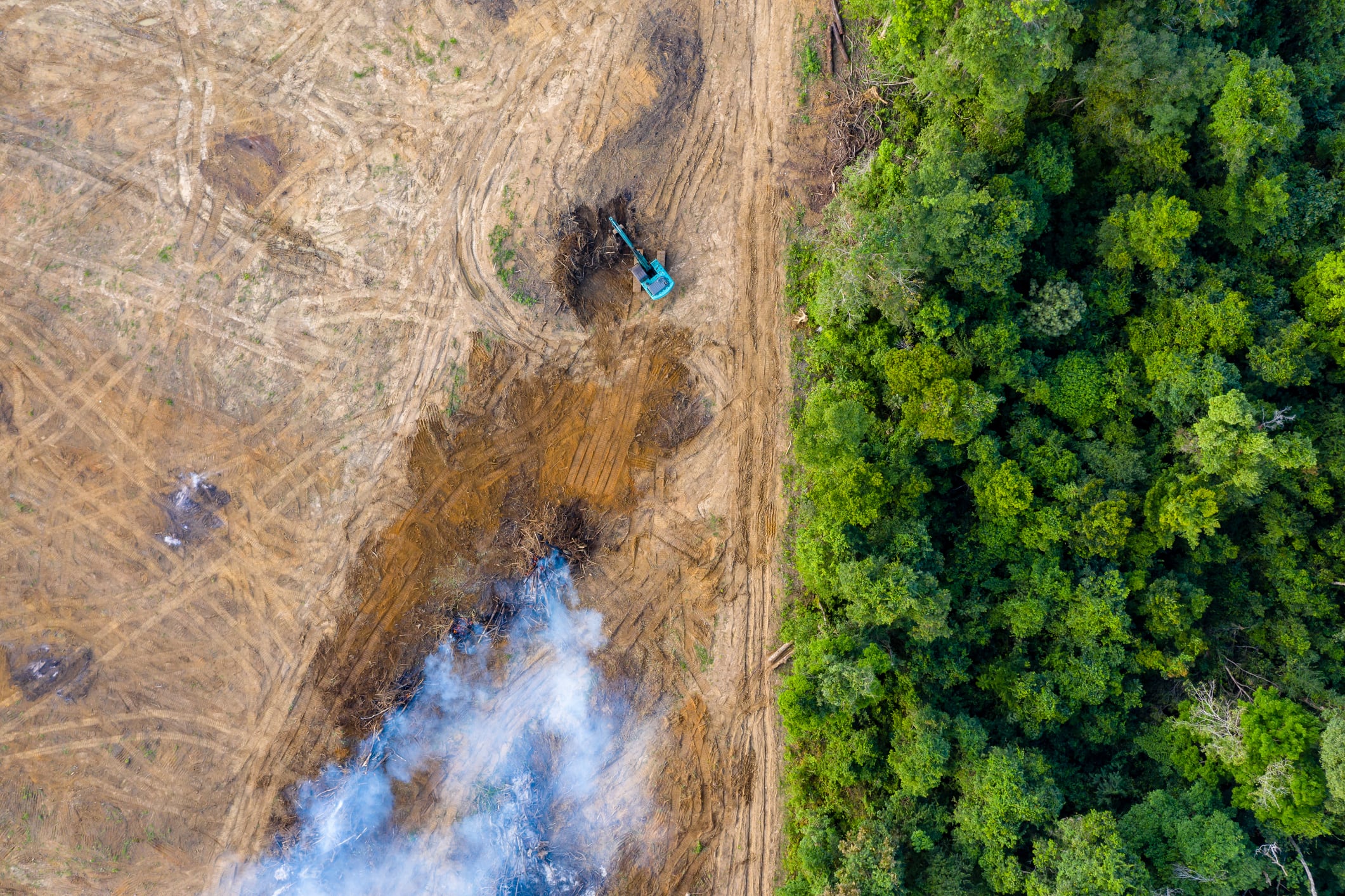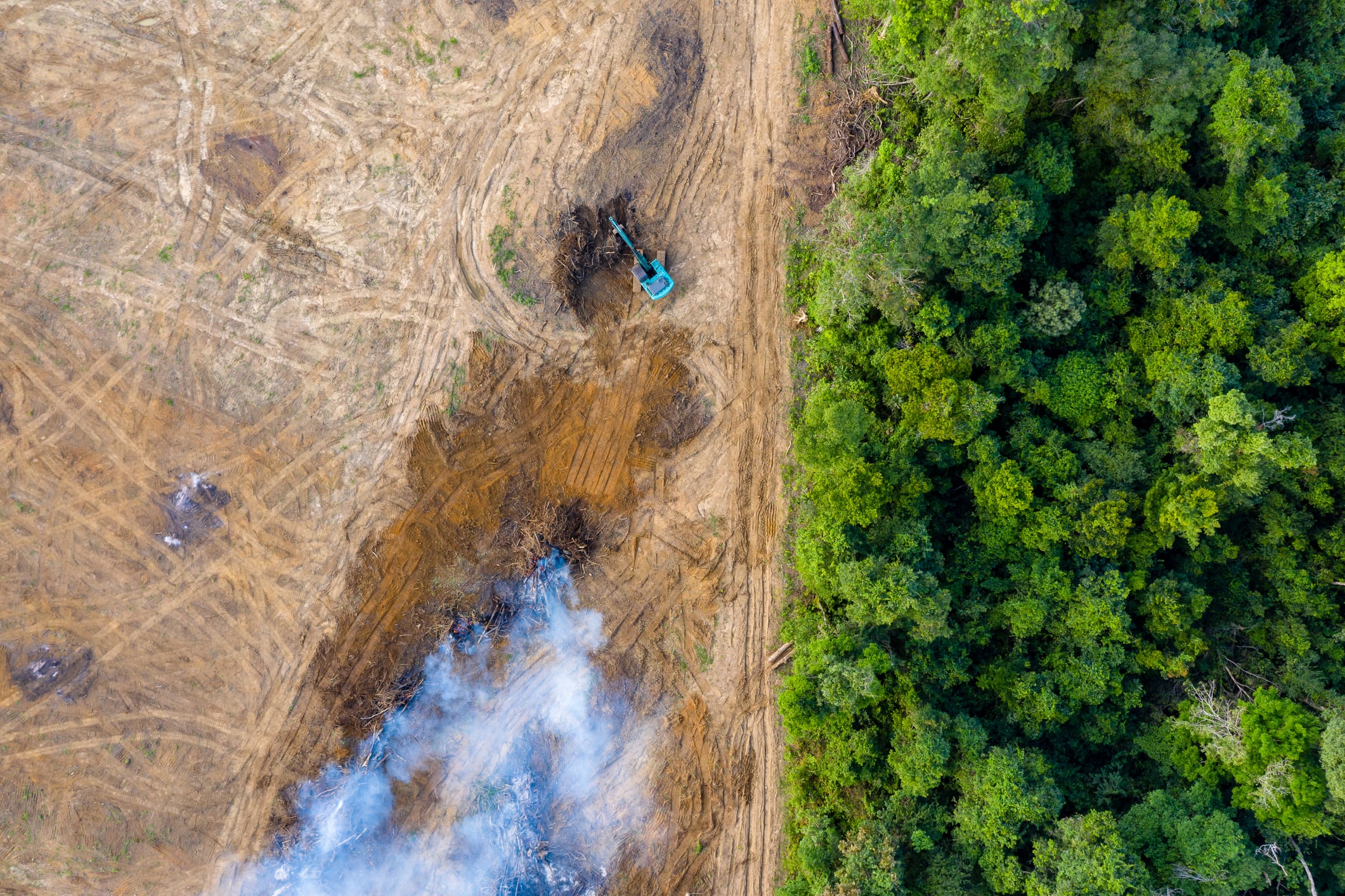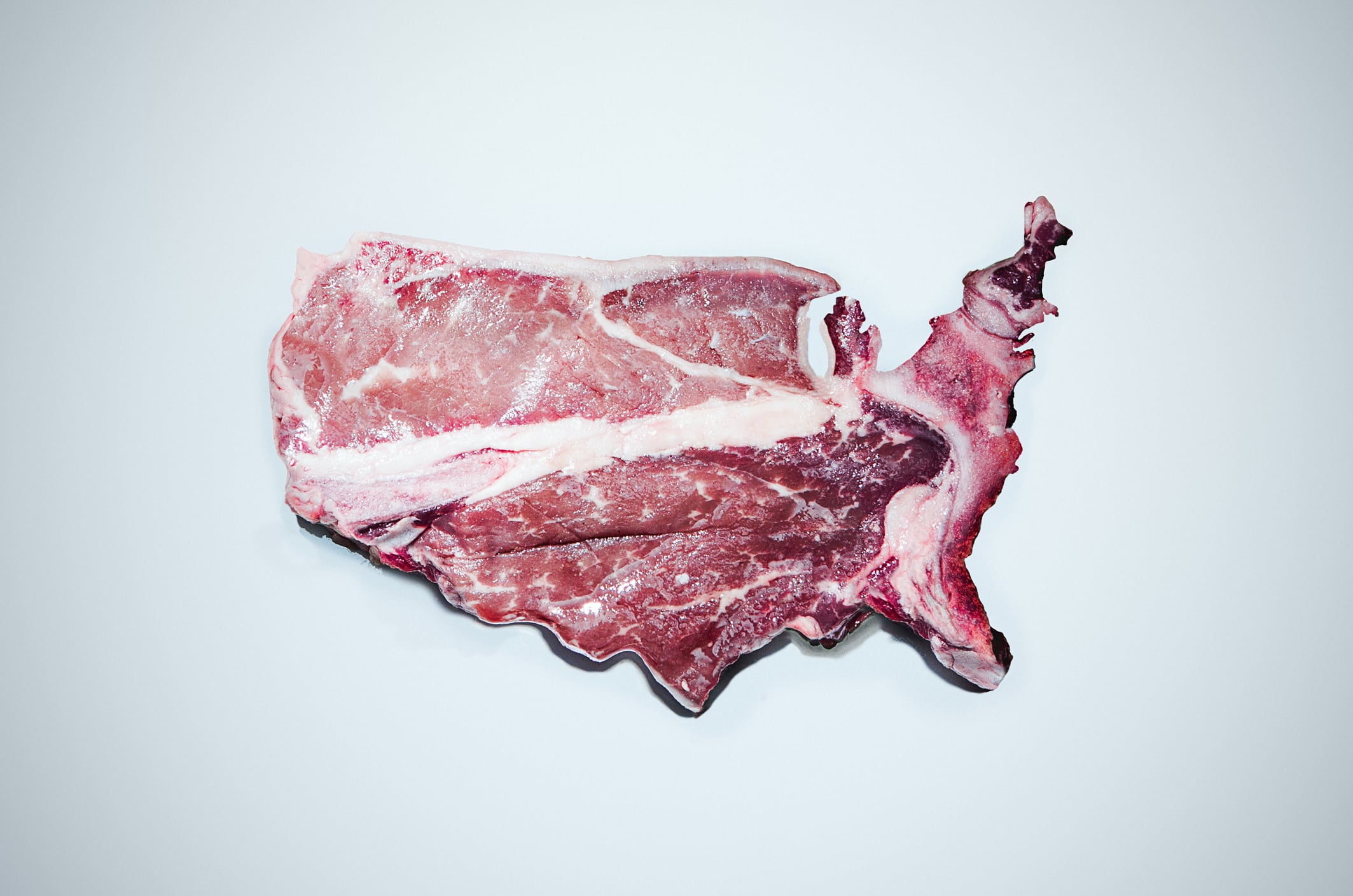Why EU deforestation law could be delayed again – summary
- EU Commission seeks 12-month EUDR delay citing unready IT systems
- Tech firms insist systems can handle compliance and call bluff
- Businesses like Mondelēz and Lavazza push delay citing farmer readiness
- Major brands Nestlé, Ferrero and Tony’s support 2025 enforcement timeline
- Critics say delay reflects political pressure from rising right-wing forces
It’s looking likely that Europe’s deforestation regulation (EUDR) will be delayed, for the second time.
The reason? According to Environment Commissioner Jessika Roswall, who has asked fellow lawmakers support another 12-month postponement, IT systems aren’t yet ready.
But those in the business aren’t so sure; they say that kind of technology is available. If that’s true, then what’s this scapegoat covering up?
European Commission on why tech’s to blame
In a leaked, widely circulated letter penned to the European Parliament, the Commission doubles down on the IT hurdles to rolling out the deforestation law.
It appears that new estimates show the IT system will face a much heavier workload than expected. The reasons won’t surprise anyone, let alone the EU: the new law puts complex demands on downstream operators, and replies from the Commission or national authorities to those operators could be lengthy, adding to the strain.
If, as the Commission fears, the IT system can’t hack it, the EUDR could end up plagued with disruptions – or make it harder for operators to comply with the law.
Commissioner Roswall warns that the EUDR’s goals, and even trade flows, could be at risk. That’s why she says the Commission is backing a 12-month delay.
Tech community accuses Commission of bluffing
But on the other side, the IT community says it’s calling the Commission’s bluff.
“The EUDR can work at scale – and the tech is ready”, according to French compliance firm Sustaain. “With partners across the industry, Sustaain is prepared to manage the data for every batch of coffee, cocoa, cattle, timber, soy and palm coming into Europe.”
Getting into the tech nitty gritty, the service provider estimates that all EUDR-covered imports require 3-52 TB of new data a year, which CEO Clément Collignon says is “tiny by modern cloud standards”. He believes Sustaain can provision for hundreds of submissions per second at peak, and scale towards a thousand.
Other tech experts have taken to social media to joke about just how little IT power is required – suggesting crowdfunding a couple of hard drives would solve the issue.
“This is not a capacity problem, it’s a commitment problem,” says Sustaain’s Collignon. “Let’s make the system, a showcase – not a scapegoat.”
If technology’s not the problem...what is?
If we follow the IT communities’ line of thought – that tech systems really aren’t to blame – then why are we staring down the barrel of a twice-delayed law?
There are at least a couple of potential reasons: the first is that it’s not the tech that’s underprepared, it’s industry.
This one is worth considering. Some big businesses have been vocal about wanting to postpone the EUDR. Confectionery major Mondelēz International and coffee giant Lavazza are just two to have pushed for a delay – although both cite the unpreparedness of farmers, rather than of big corporations themselves.
This is backed up by the smallholder farmer-heavy palm oil sector in Malaysia, which also supports the postponement.
What doesn’t fit, is that some of the biggest operators working in EUDR-relevant commodities like cocoa, palm oil and coffee, are campaigning strongly for 2025 enforcement.
Companies like Tony’s Chocolonely, Nestlé, Ferrero, and Barry Callebaut, who all have smallholder farmers in their supply chains, say they’re ready – and want to prove their compliance as quickly as possible.
Could the Commission be bowing to other pressures?
If the issue isn’t industry preparedness, some suspect it’s that the Commission is yielding to political pressure. And more specifically, pressure from the far right to deregulate.
“It is probably no coincidence that this move comes right as the Commission pursues an unprecedented deregulation agenda, throwing the EUDR under the bus,” says Anke Schulmeister-Oldenhove, forest policy manager at WWF’s European Policy Office.
Some compliance providers share this view. “The postponement was not driven by companies being unprepared,” says Konstantinos Kouzelis, CEO of compliance company Coolset, on social media platform LinkedIn. “It was driven by politics taking precedence over progress.
“Since the last election cycle, the European Parliament has been steered by a right-wing majority, with the European People’s Party (EPP) in the lead.”
Whether the Commission is buckling under far-right pressure remains unclear. What is clear is that EPP welcomes the plan to postponement and is pushing for simplification of the law.
“Our efforts have finally been successful,” says MEP Peter Liese, environment spokesperson for EPP.
The party wants to introduce a ‘zero risk’ category, which would simplify due diligence requirements some countries, including EU member states.
“The goal of stopping global deforestation is and remains the right one, but a bureaucratic monster weakens the acceptance of European environmental policy.”





